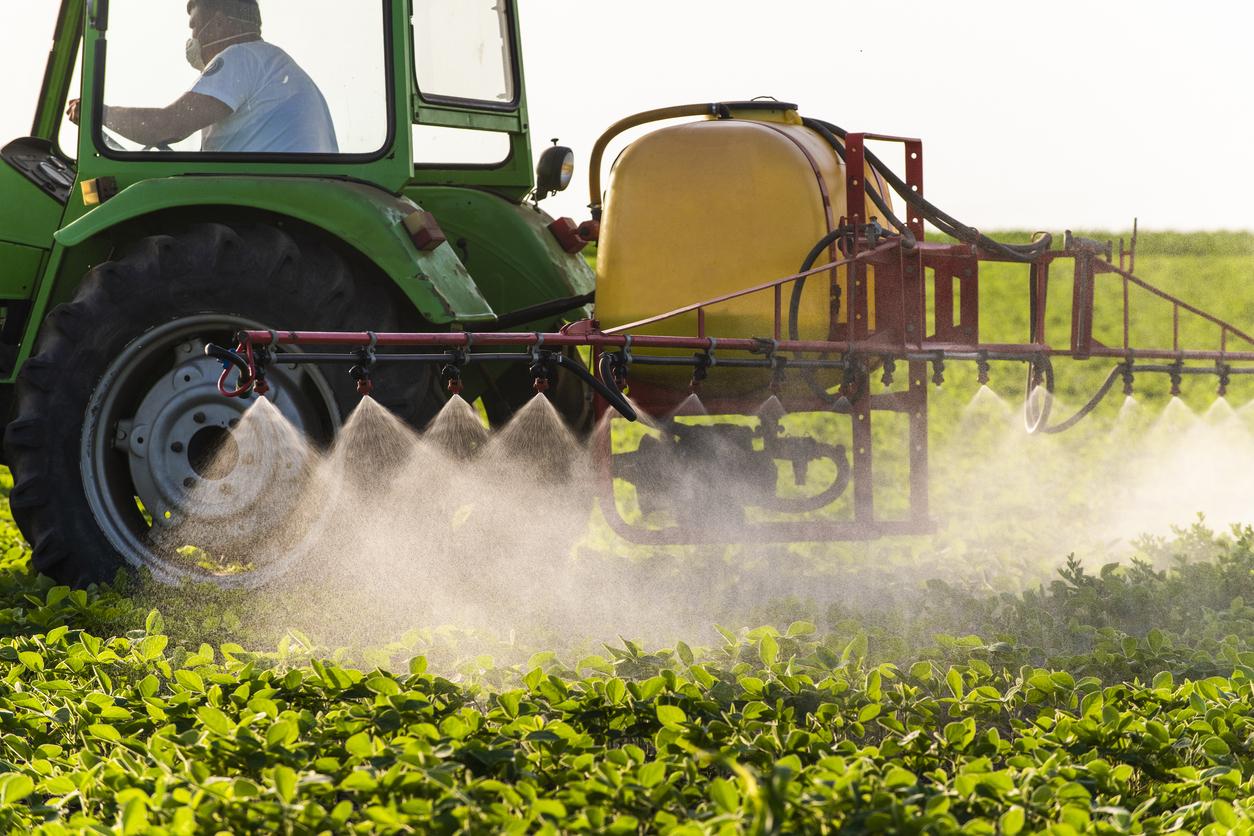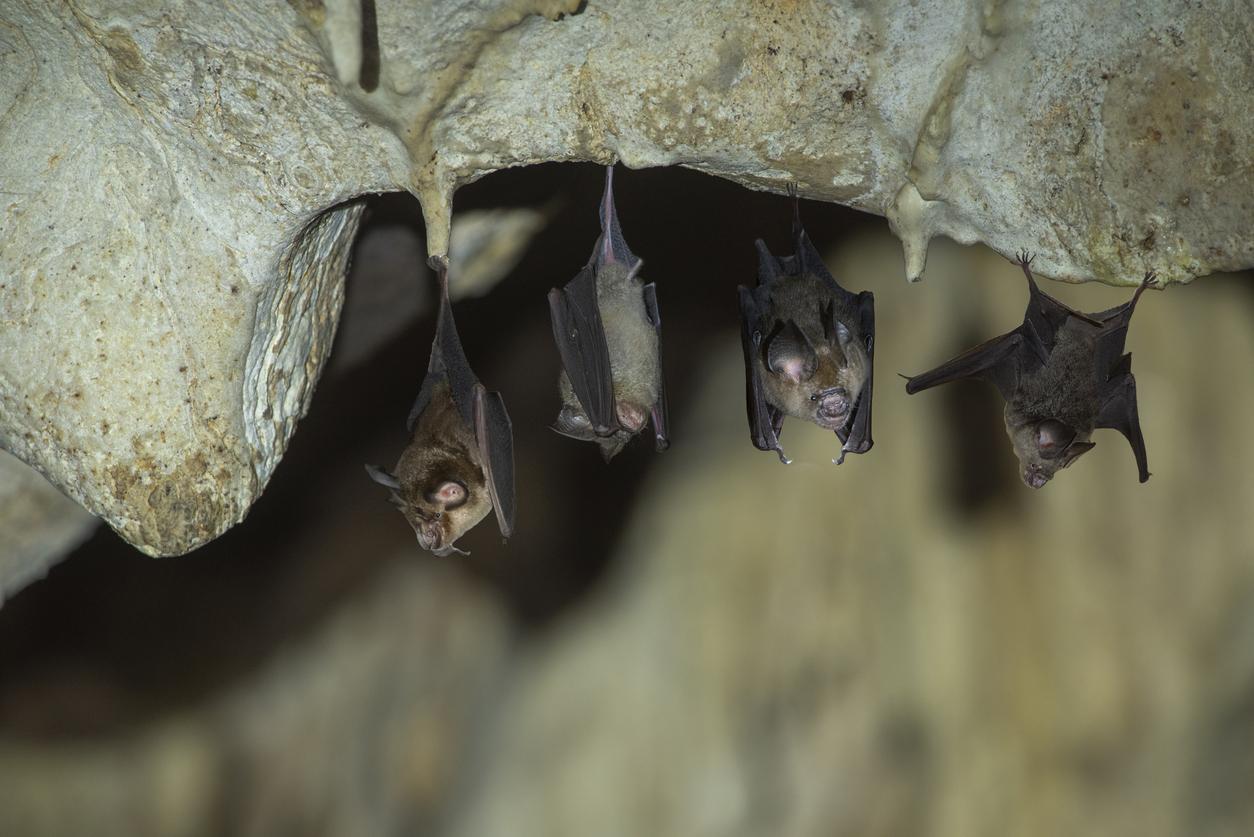Many caregivers call on the authorities not to ignore existing scientific expertise concerning “the role of pesticides in the collapse of biodiversity and their impact on human health”.

- The Association of Physicians Alert on Pesticides (AMLP) launched a call to action to health professionals “so that they take their full part in this fight for the preservation of life”, this Thursday, March 28, 2024.
- In question according to the AMLP: “It is the “pause” in all areas: the Ecophyto plan, the protection of wetlands and fallows called into question, ANSES [Agence nationale de sécurité sanitaire] and the OFB [Office français de la Biodiversité] victims of an attempted muzzling.”
- Caregivers are asking the authorities for 5 urgent measures to reduce the impact of pesticides on health: protection of fetuses, a food policy “which no longer ignores the toxic risk”, full application of European regulations on pesticides, the protection of local residents in areas of intensive agriculture and the recognition of the harm suffered by agricultural professionals.
“It is essential to remember that scientific knowledge cannot be brushed aside.” The Association Alert des Physicians on Pesticides (AMLP) launched a call to action for healthcare professionals “so that they take their full part in this fight for the preservation of living things”, this Thursday March 28, 2024. The objective? Call on the government to take into account existing scientific data concerning the harmful impacts of pesticides on health and the environment in their political decisions.
5 urgent measures to reduce the impact of pesticides on health
“It’s the “pause” in all areas: the Écophyto plan, the protection of wetlands and fallows called into question, ANSES [Agence nationale de sécurité sanitaire] and the OFB [Office français de la Biodiversité] victims of an attempted muzzling”, denounces the collective of caregivers in the “One Health” press release [une seule santé, ndlr]relayed by the Générations Futures association.
Among the most urgent requests, they note:
– the protection of fetuses, by prescribing “green prescriptions” in order to give back “accessible organic food at least during pregnancy otherwise it will further increase social inequalities in health” ;
– a food policy “who no longer ignores the toxic risk” And “which takes into account the need to reduce our meat intake” ;
– the full and complete application of European regulations on pesticides, which must “primarily concern the protection of farmers”;
– the protection of local residents in areas of intensive agriculture, in particular by extending the distance limits for spreading phytosanitary products around homes and schools;
– recognition of the harm suffered by agricultural professionals, in particular by extending “the list of pathologies recognized by the table of occupational diseases to those for which the levels of proof are considered significant by INSERM”.
Leukemia, Parkinson’s… many pathologies associated with pesticides
In October 2023, the president of AMLP, Dr Pierre-Michel Périnaud, already informed us “a very important body of evidence on the toxicity of glyphosate”. In this press release, the association specifies in this respect that Inserm showed in two expert reports, the first in 2013 and the second in 2021, that 18 pathologies “including blood cancers and neurodegenerative diseases such as Parkinson’s disease are associated with exposure to pesticides by professionals” of the agricultural world. “In their children after exposure during pregnancy, leukemia, central nervous system tumors and congenital malformations are some of the pathologies for which the level of evidence is the highest.”, they add. The children of local residents are also not spared, with “neurodevelopmental disorders and an increased risk of leukemia and neuro-embryonic tumors depending on the density of vines near the home”. Finally, for the general population, caregivers point out that “There is consensus on the risks of endocrine disruptors: they range from fertility disorders to metabolic disorders (overweight and diabetes) including hormone-dependent cancers and neurodevelopmental disorders. And this for exposures at very low doses during particular periods of gestation”.
They conclude: “Today, all living things are threatened by the inconsiderate use of pesticides. It is through an alliance with the agricultural world, essential to implement this health policy, that we want to preserve the health of the ecosystems of which we are a part. Health professionals have a role to play, with other components of the associative environment, to oppose this policy which is based on a denial of scientific knowledge. Doctors’ Alert on Pesticides (AMLP) calls on them to come together to fight these battles.”
As of March 29, 953 health professionals responded to the call for mobilization.


















